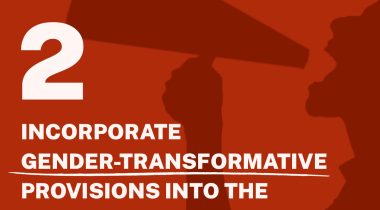
John Christensen ■ Is it time to assess the financial secrecy of the Vatican?

The Vatican-based Istituto per le Opere di Religione (the Institute for Religious Works or IOR, a.k.a. the Vatican Bank) probably falls into the category of the world’s most controversial bank. Now, according to this long read article in today’s Guardian, the bank’s unaccountable bureaucracy and self-serving networks who have operated with impunity for decades, faces a vigourous shakedown led by Pope Francis himself.
Created in the late 19th century, prior to which the Vatican’s wealth was apparently stored in a coffer under Pope Leo’s bed – the bank has been implicated in numerous scandals, including handling Nazi assets, acting as a conduit for covert funding of Cold War counter-insurgency programmes, plus, of course, the infamous dealings with the Banco Ambrosiano, made famous by the third of the Godfather film trilogy.
With so many of its transactions conducted using cash, and with such a strong veil of secrecy surrounding its activities, the IOR became notorious for money-laundering, with many commentators (including this blogger) arguing that the Vatican was itself a tax haven. As Paul Vallely argues in the Guardian:
“The Vatican was a natural tax haven. It was an offshore bank in the middle of Rome that Italians could enter merely by waiting for the traffic lights to change from red to green. In line with the Roman Catholic church’s traditional aversion to transparency, the bank authorities adamantly refused to cooperate with the Bank of Italy’s investigation.”
Pope Francis’ mission is to radically break from that past. He has appointed Australian Cardinal George Pell to lead the transformation of the IOR into a modern, transparent financial management service that elevates the churches’ mission to help the poor to top priority. According to Vallely:
“Francis told his financier advisers at their first meeting in July 2013 that “sound financial management was a pillar of his greatest mission: aiding the poor and underprivileged”. What that meant, said Cardinal Pell, is that “the Pope wants to maximise the amount of money coming in so that it could be spent on the poor and the works of the church. Because we’re trying to help people is no reason why we should be inefficient, or not transparent, or open to being robbed.”
Bold sentiments, and who would not want Cardinal Pell to succeed with his task? And one way of checking his progress might be for the Vatican to agree to being assessed under TJN’s Financial Secrecy Index, which cuts through the fine words and perceptions looking instead at legal fact and published international assessments. If the Vatican can achieve a secrecy score better than forty it will compare favourably with most other countries. How about it, Cardinal Pell?
Read the full Guardian article here.
Related articles
The elephant in the room of business & human rights
UN submission: Tax justice and the financing of children’s right to education
14 July 2025
One-page policy briefs: ABC policy reforms and human rights in the UN tax convention
Tax justice pays dividends – fair corporate taxation grows jobs, shrinks inequality

The Financial Secrecy Index, a cherished tool for policy research across the globe
UN Submission: A Roadmap for Eradicating Poverty Beyond Growth
A human rights economy: what it is and why we need it

Do it like a tax haven: deny 24,000 children an education to send 2 to school

Incorporate Gender-Transformative Provisions into the UN Tax Convention
Just Transition and Human Rights: Response to the call for input by the Office of the UN High Commissioner for Human Rights
13 January 2025


